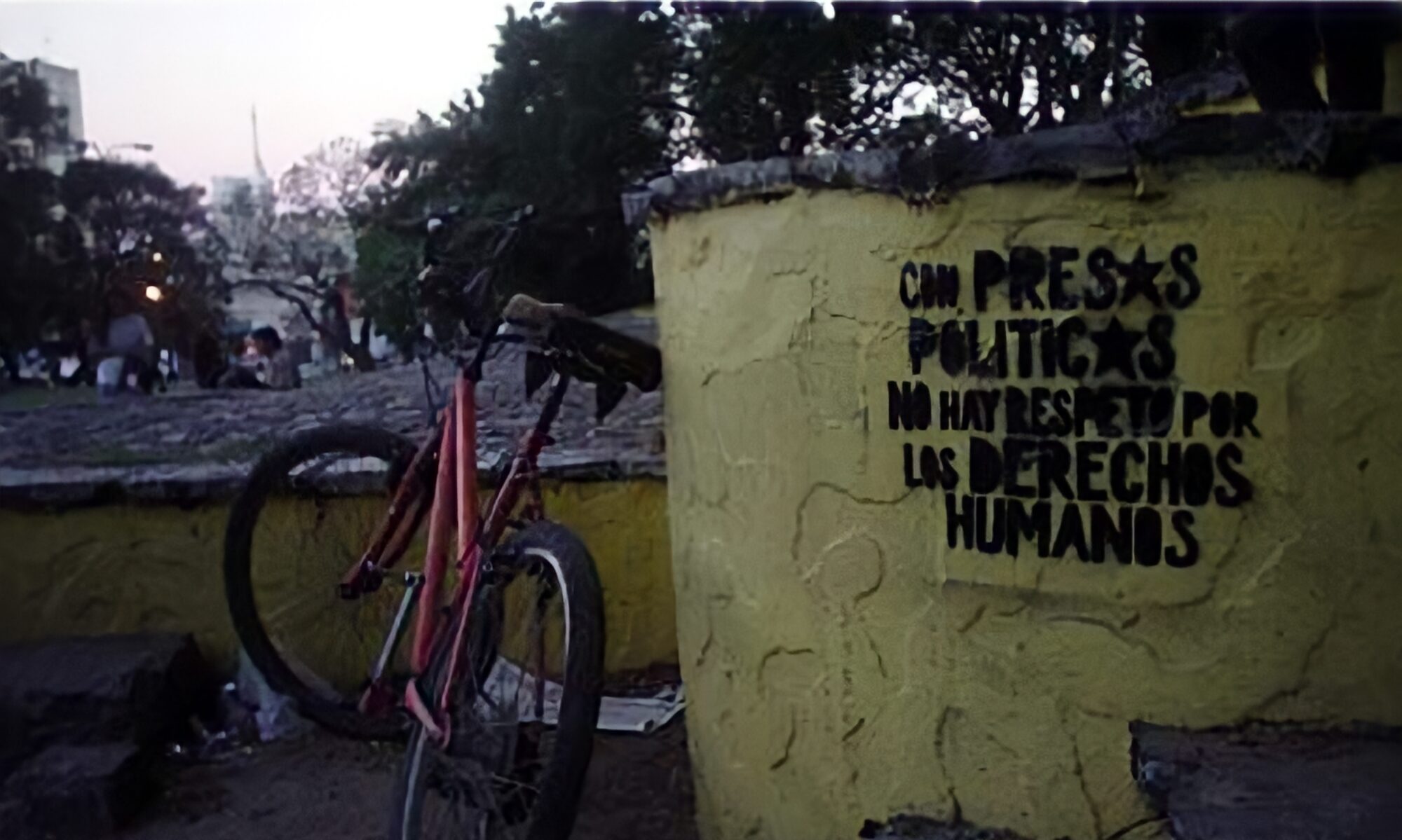
The Arrival of Indymedia

Why study Indymedia Argentina?
Indymedia, or the Independent Media Center (IMC), was a media activist website created in 1999 to document the World Trade Organization protests in Seattle, Washington. IMC collectives soon spread to other cities across the U.S. and the world, offering activists an alternative method to document the anti-globalization and social movements of the early 2000s. The IMC was inspired by the Mayan-led EZLN (Ejercito Zapatista Liberación Nacional) army that emerged from the jungles of Chiapas, Mexico to protest the passing of North American Free Trade Agreement (NAFTA) on January 1, 1994. At the same time the EZLN claimed autonomous control of Indigenous lands they also launched a website, sharing their history, story, and communiques. Indymedia became an avenue for el pueblo or the people to be their own media. As the 2003 Alternative Media-Tech Convergence held in Cancún, Mexico declared, “Don’t hate the media; become the media.”
As a de-centralized media organization, a collective in a city would moderate its Indymedia page maintaining autonomy within the Global Network of IMCs. In early 2002, activists founded Indymedia Argentina to document the wave of protests and growing social movements that connected their movements with anti-globalization activists worldwide. Committees sections were formed to report on topics such as labor, gender, education, etc. While committees organized coverage on news related to their section, anonymous users signed up to the Indymedia site could also write and post articles that were subject to approval by the section moderators. In a 2005 documentary about the foundation of Indymedia Argentina, one of their founders explains, “When we started with this, we wanted to be the voice of the voiceless. And to me that means breaking the silence. When you break the silence, that is when you hear all the voices; and there are no two voices that are the same, which we try to reflect.” (1:24:35)
As an alternative news source connected to social movements, Indymedia Argentina offers a unique insight for researchers to read coverage, analyze photographs, and, at times, videos and voice recordings, produced by movement participants. As our research shows, the social movement spaces in Argentina were intersectional and intersectoral. The social movements’ collaboration also allowed an eventual acceptance across the labor, feminist, and queer movement to reconsider the gendered language centered on the universal masculine, experimenting with the @, x, i, and e in Indymedia articles, flyers, and in social movement speak.

add photo/ss of early indymedia site and give tour of its sections and basics. explain the media types and site navigation. also add photos of Indymedia staff working

Then and Now: the front page of Indymedia Argentina in 2001 and 2024


Obviously, Indymedia Argentina has changed a lot in 23 years, as has all of the internet. Using the Wayback Machine (see Methodology page), we are able to capture a moment in history told through the front-page of a news site. Early websites were generally defined by a chaotic nature and an abundance of text and colors. Next, we will look closely at a Wayback Machine capture of Indymedia Argentina on April 28th, 2003, a day before the first use of the gender-neutral “x” occurred.
Lorem ipsum dolor sit amet, consectetur adipiscing elit. Ut elit tellus, luctus nec ullamcorper mattis, pulvinar dapibus leo.

explain and give a tour of the website and its components, highlighting the the different sections on the left and the various media forms presented and how.

